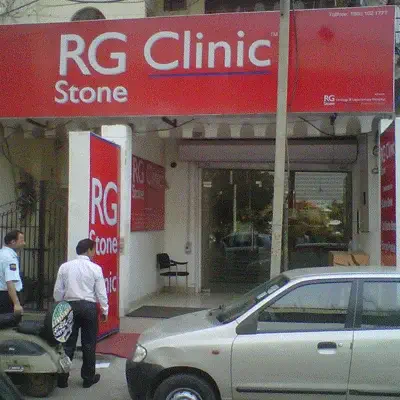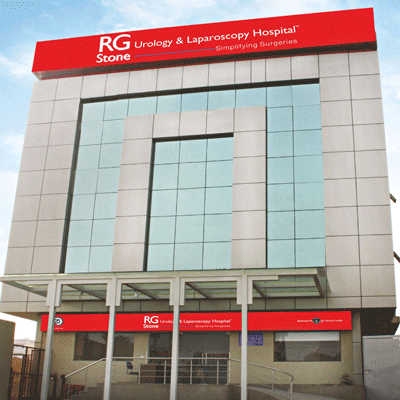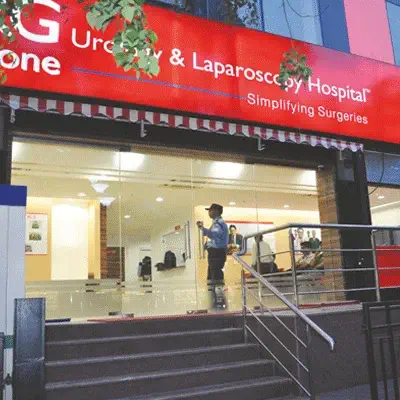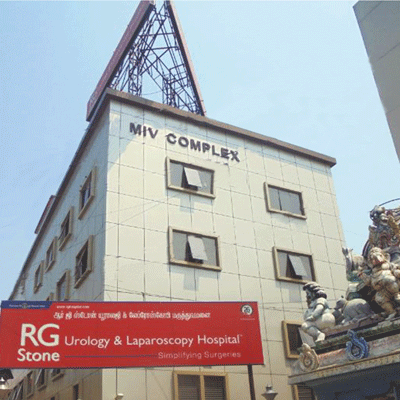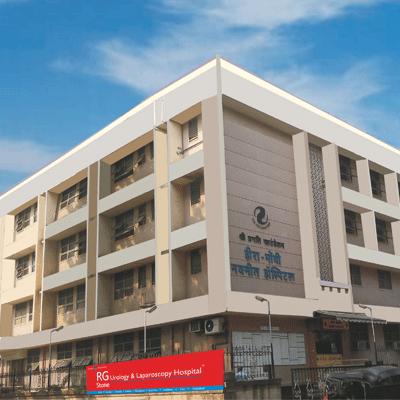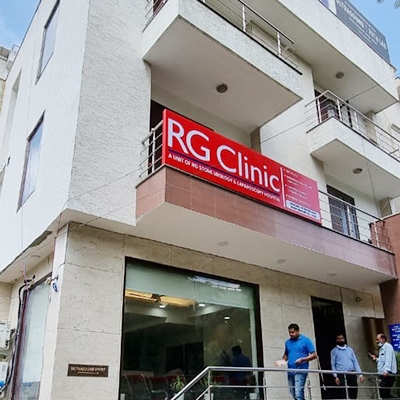Infertility can result from various factors affecting either partner, or both. In women, common causes include hormonal imbalances, ovulation disorders, fallopian tube blockages, and endometriosis. Structural issues with the uterus, such as fibroids or polyps, can also impede conception. For men, infertility often stems from low sperm count, poor sperm motility, or structural abnormalities in the reproductive tract. Lifestyle factors, such as excessive alcohol consumption, smoking, and obesity, can further exacerbate these issues. Additionally, age plays a significant role, with fertility typically declining as both partners grow older. Identifying the underlying cause is crucial for determining the most effective treatment.
Symptoms of infertility are often subtle and can vary depending on the underlying cause. For women, irregular menstrual cycles, painful periods, or difficulty maintaining a pregnancy may be indicators. Men may experience issues such as low libido, erectile dysfunction, or changes in sexual function. To diagnose infertility, a comprehensive evaluation is conducted, which may include a series of tests. For women, this often involves blood tests to assess hormone levels, pelvic ultrasounds, and hysterosalpingography (HSG) to check for blockages in the fallopian tubes. Men may undergo semen analysis to evaluate sperm count and quality. A detailed medical history and physical examination are also critical in pinpointing the causes and developing a personalized treatment plan.
Procedures & Interventions
Surgical interventions may be required to correct anatomical issues affecting fertility. Procedures can include repairing blocked fallopian tubes, removing uterine fibroids or polyps, and addressing varicoceles (enlarged veins in the scrotum) in men.
This procedure involves placing sperm directly into the uterus during ovulation. IUI can be particularly useful when sperm quality is low or when there are issues with sperm transport. It is often used in combination with fertility medications.
IVF involves retrieving eggs from the ovaries, fertilizing them with sperm in a laboratory, and then transferring the resulting embryos into the uterus. IVF is a common treatment for various infertility issues, including blocked fallopian tubes and severe male infertility.
A specialized form of IVF, ICSI involves directly injecting a single sperm into an egg to facilitate fertilization. This technique is often used in cases of severe male infertility where sperm quality or quantity is a concern.
If one has significant fertility issues, egg donation may be considered. Donated eggs or sperm are used in conjunction with IVF or IUI to achieve pregnancy.
In cases where a woman cannot carry a pregnancy to term, a gestational surrogate may be used. The surrogate carries an embryo created using the intended parents' eggs and sperm or donor gametes.
For individuals undergoing treatments that may affect fertility (e.g., cancer therapy), fertility preservation techniques like egg or sperm freezing can be used to store reproductive cells for future use.
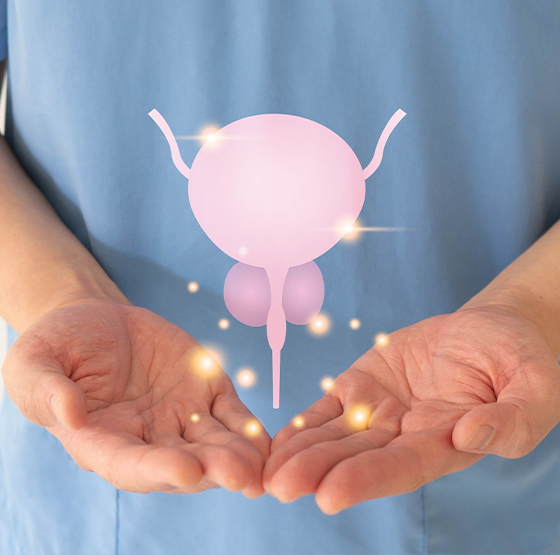
Surgical interventions may be required to correct anatomical issues affecting fertility. Procedures can include repairing blocked fallopian tubes, removing uterine fibroids or polyps, and addressing varicoceles (enlarged veins in the scrotum) in men.
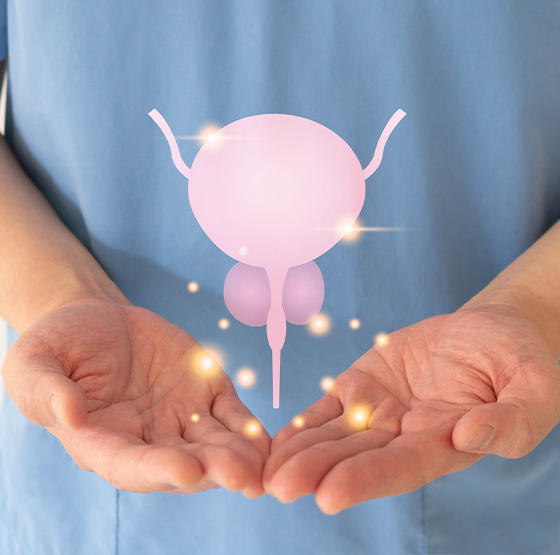
This procedure involves placing sperm directly into the uterus during ovulation. IUI can be particularly useful when sperm quality is low or when there are issues with sperm transport. It is often used in combination with fertility medications.
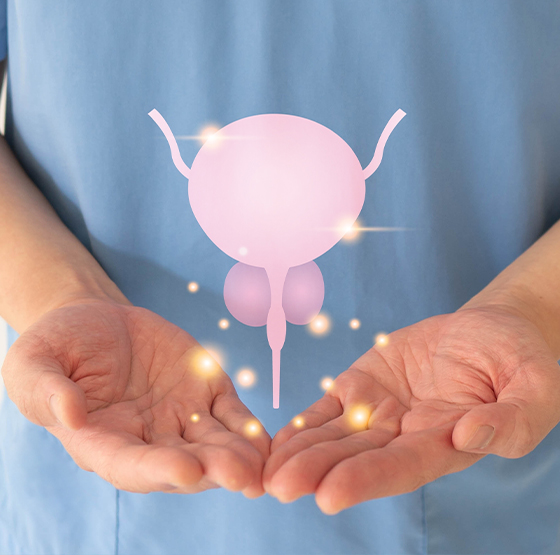
IVF involves retrieving eggs from the ovaries, fertilizing them with sperm in a laboratory, and then transferring the resulting embryos into the uterus. IVF is a common treatment for various infertility issues, including blocked fallopian tubes and severe male infertility.
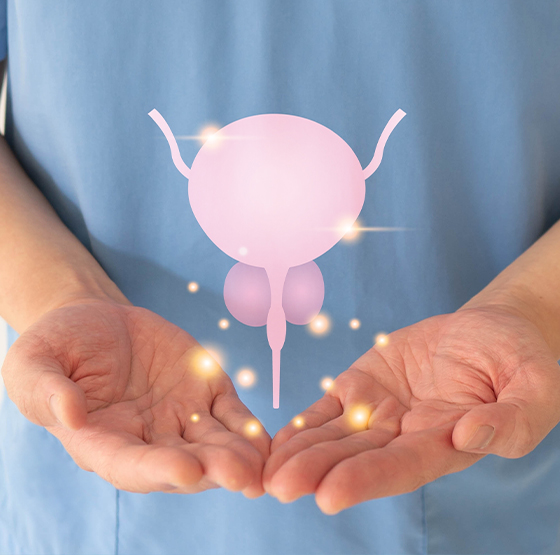
A specialized form of IVF, ICSI involves directly injecting a single sperm into an egg to facilitate fertilization. This technique is often used in cases of severe male infertility where sperm quality or quantity is a concern.
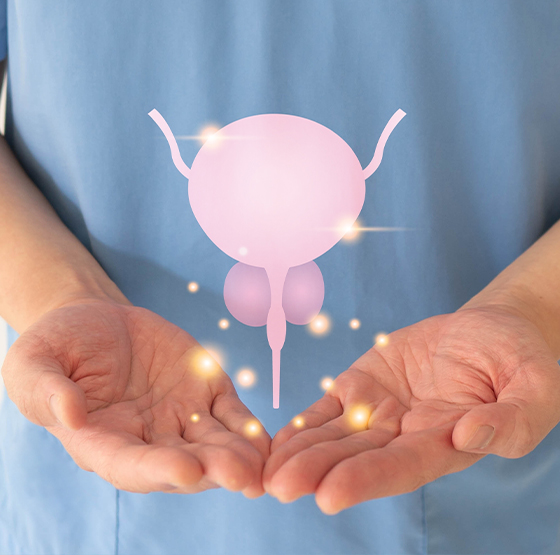
If one has significant fertility issues, egg donation may be considered. Donated eggs or sperm are used in conjunction with IVF or IUI to achieve pregnancy.
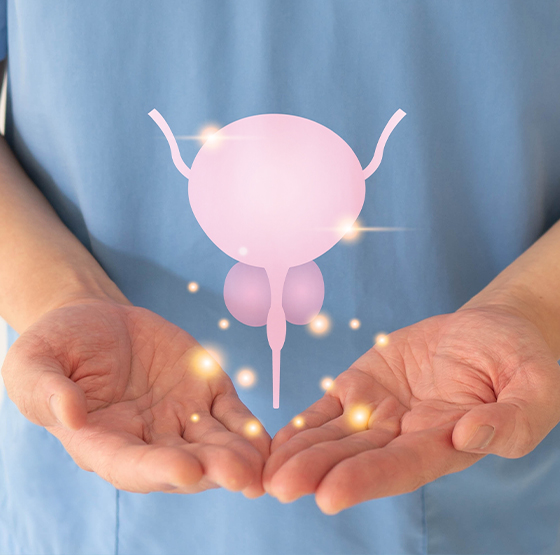
In cases where a woman cannot carry a pregnancy to term, a gestational surrogate may be used. The surrogate carries an embryo created using the intended parents' eggs and sperm or donor gametes.
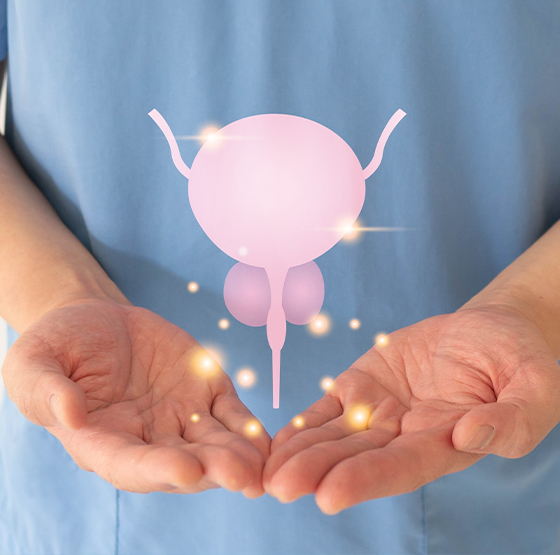
For individuals undergoing treatments that may affect fertility (e.g., cancer therapy), fertility preservation techniques like egg or sperm freezing can be used to store reproductive cells for future use.
Team of Excellence
Behind every recovery story at RG Hospitals is a team of exceptional doctors whose passion for healing and innovation continues to transform healthcare and redefine patient outcomes.
Find a DoctorLooking for an Expert
RG Hospitals is proud to be the home of some of the world's most distinguished doctors.

Patient Stories
View AllPatient Testimonial | Commitment To Care
Treated by Dr. Manoj Gupta , RG Stone Hospital, Dehradun
- All Locations
- New Delhi
- Haryana
- Punjab
- Kolkata
- Chennai
- Mumbai
- Goa
- Uttar Pradesh
- Uttarakhand







